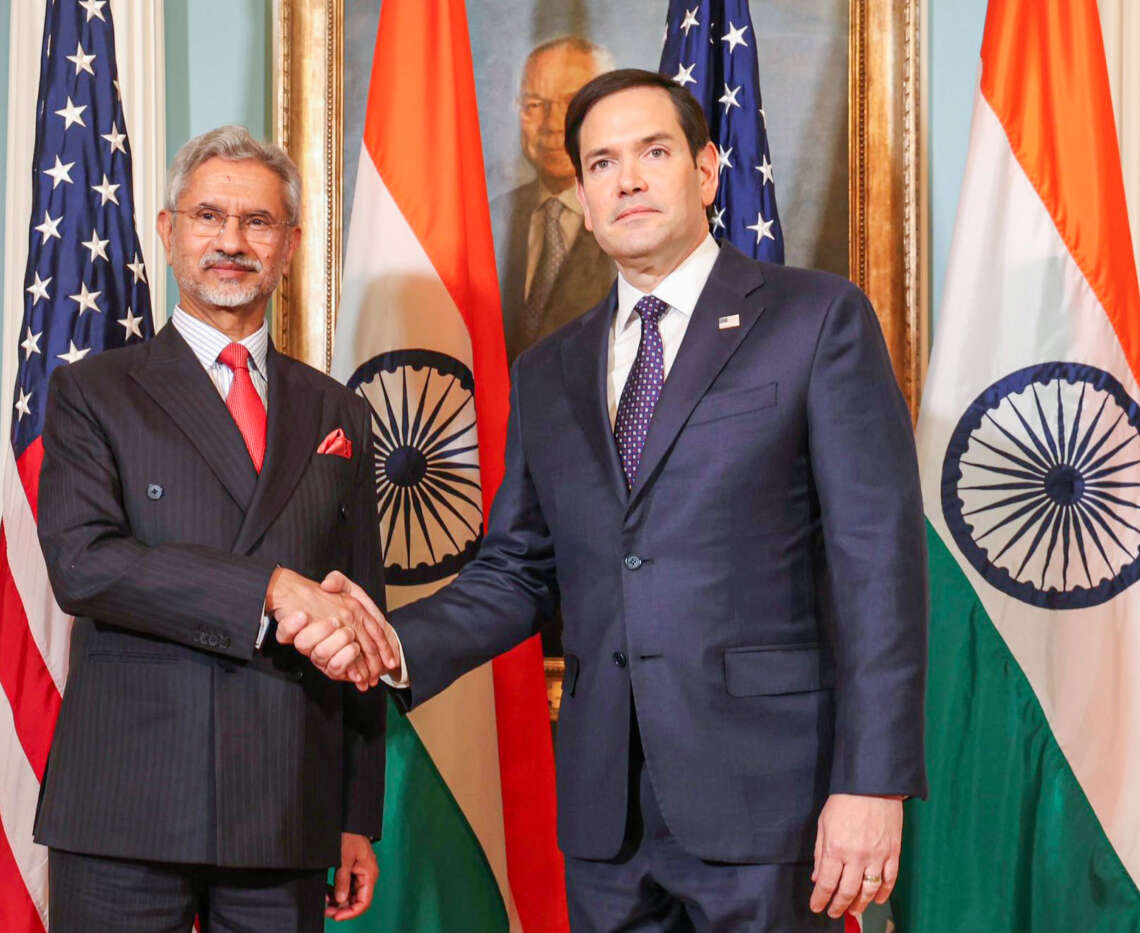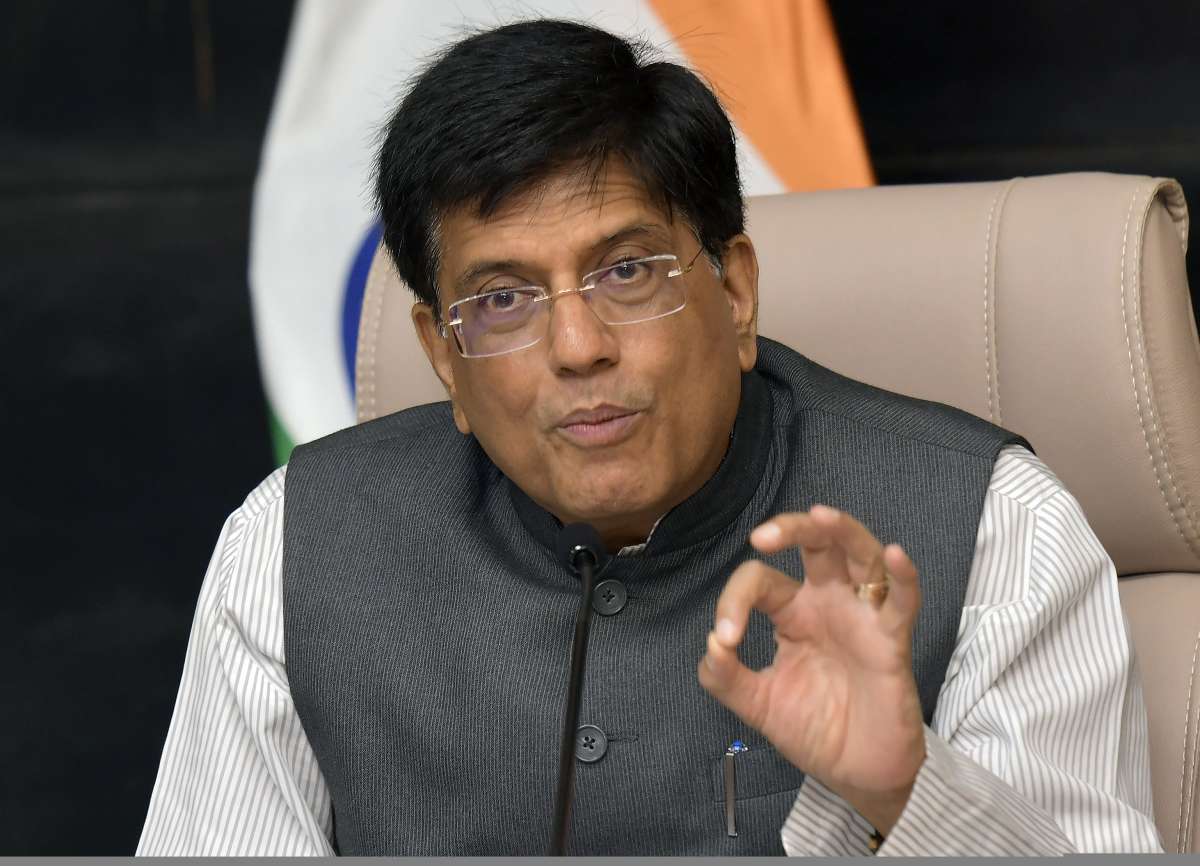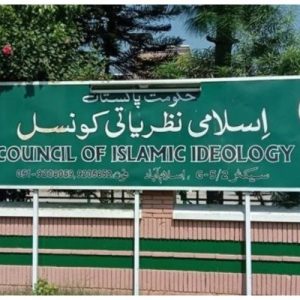Pakistan owes over $7.5B for power plants and nearly $2B in unpaid bills to Chinese energy firms, the article notes.
The China-Pakistan Economic Corridor (CPEC), once hailed by Islamabad as a game-changing project, has instead become a costly burden, missing its targets and plunging Pakistan into a $9.5 billion debt trap.
The initiative promised to give much-needed economic impetus to Pakistan but quickly entered uncharted waters and became mired in countless controversies.
Thus CPEC has very few outcomes to showcase. This delay has cost Pakistan dearly. The overdue energy and infrastructure projects, cost overruns, and accusations of opaque contracts have cost the initiative its viability, according to an article in ‘The Diplomat’ news magazine.
According to economist Ali Hasanain, an Associate Professor at Lahore University of Management Sciences, CPEC’s original sin was that a large number of its projects relied on foreign currencies, which ultimately clashed with Pakistan’s domestic-oriented exchange rate and industrial policies, narrowing the fiscal space for Islamabad.
Currently, Pakistan owes more than $7.5 billion for setting up power plants and additional nearly $2 billion to Chinese energy producers in circular debt, or unpaid bills, the article states.
Due to the delay in CPEC 2.0, Pakistan has been unable to establish the industrial base needed to transform into an export-driven economy and pay off its debts. Consequently, Pakistan had to seek more loans to pay past loans – resulting in a prolonged debt crisis.
The article points out that one of the main challenges to CPEC has been the political infighting in Pakistan. In 2015, when Pakistan Muslim League Nawaz (PML-N) was in power, it considered itself the chief architect of the initiative. However, the Opposition Pakistan Tehreek-e-Insaf (PTI) accused the PML-N of corruption and inflating the cost of projects.
In 2018, the tables turned and the PTI came into the government. It attempted to reduce Pakistan’s financial risk by asking the Chinese side to review all the contracts, as the new government feared they were badly negotiated – either overly expensive or on terms excessively favouring China. However, Beijing was prepared to review only those projects that had not been started.
In 2019, the PTI government engaged the International Monetary Fund (IMF) for a financial bailout to solve the Balance of Payment (BOP) crisis. For this bailout, Pakistan had to share details of CPEC with the IMF. Pakistan also had to agree with IMF conditions, like fiscal consolidation, that in practice required slowing down the CPEC, which ultimately angered the Chinese, the article states.
Ethnic and provincial tension also had a fair share in slowing down CPEC. These ethnic tensions also translated into security challenges with the Balochistan Liberation Army (BLA) in Balochistan and the Tehreek-e-Taliban Pakistan (TTP) in Khyber Pakhtunkhwa mounting armed attacks against these projects.
From 2021 until late 2024, for instance, there were 14 attacks on the CPEC, killing 20 Chinese citizens and injuring 34.
Most of these attacks were claimed by the BLA. Similarly, in Khyber Pakhtunkhwa, the TTP is also targeting Chinese interests. Since the U.S. withdrawal from Afghanistan, the TTP has rapidly increased the number of attacks in Pakistan, the article points out.














